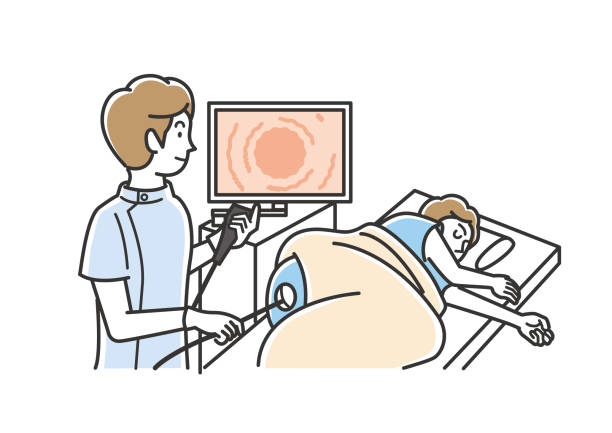
13 Oct 4 Signs You Need a Colon Cancer Screening
Digestive discomfort and unexplained weight loss are easy to dismiss as minor issues; sometimes, they signal something more serious. That’s why timely colon cancer screening is fundamental. Detecting colon cancer in its earliest stages can significantly improve treatment outcomes and save lives. Understanding the warning signs that warrant a screening helps you take steps toward protecting your long-term digestive health and overall well-being.
Persistent Changes in Bowel Habits
Changes in how often you go to the bathroom or what your stool looks like can signal problems. Normal bowel habits vary from person to person. Some people go once a day, while others go three times a week. The key thing to watch for is changes that deviate from your normal pattern.
You should talk to your doctor if you notice ongoing diarrhea or constipation that lasts more than a few days. Pay attention if your stool becomes significantly thinner than usual or if you feel like you can’t completely empty your bowels. These changes seem minor, but they often signal early warning signs that need attention. Sudden changes in bowel habits that persist for weeks are more concerning than those that last only a few days. Your doctor can determine if these changes are related to something simple, like diet, or if they need further testing with a colon cancer screening.
Visible Blood or Rectal Bleeding
Blood in your stool is never normal and always needs medical attention. Sometimes the blood is bright red and easily visible. At other times, stool may appear very dark or black, which can also indicate bleeding higher up in your digestive system. You may notice blood on toilet paper after wiping or see it in the toilet bowl. Some people see small amounts of blood mixed in with their stool. Any amount of blood from your rectum should prompt you to call your doctor right away. Bleeding can result from various causes, such as hemorrhoids, polyps, or cancer in your colon. Only a doctor can determine the cause, and a colon cancer exam may be necessary to rule out serious problems.
Unusual Fatigue and Weakness
Feeling tired all the time when you used to have normal energy can be a sign of colon cancer. This type of fatigue is different from feeling tired after a busy day or poor sleep. It’s a deep tiredness that doesn’t improve with rest.
Colon cancer causes fatigue because tumors may bleed slowly over time. This bleeding leads to anemia, which means your body lacks sufficient healthy red blood cells. When you have anemia, your body can’t carry enough oxygen to your tissues, making you feel weak and tired.
You may notice that activities that used to be easy now make you feel exhausted. Climbing stairs, walking short distances, or doing household chores leave you feeling unusually tired. If you experience ongoing fatigue without a clear reason, discuss it with your doctor.
Abdominal Discomfort or Weight Loss
Stomach pain that doesn’t go away can be another warning sign. This pain often feels like cramping, bloating, or a general feeling of discomfort in your belly. The pain may alternate or stay constant for several days or weeks. Losing weight without trying is also concerning. If you haven’t changed your eating habits or exercise routine but are still losing weight, this may require medical attention.
Schedule Your Colon Cancer Screening
These four signs don’t always mean you have colon cancer, but they do mean you should talk to your doctor. Many conditions exhibiy similar symptoms, and only proper medical testing can determine the exact cause. Early detection through colon cancer screening gives you the best chance for successful treatment if problems are detected. Contact your healthcare provider today to discuss your symptoms and whether you need a colon cancer screening.

No Comments